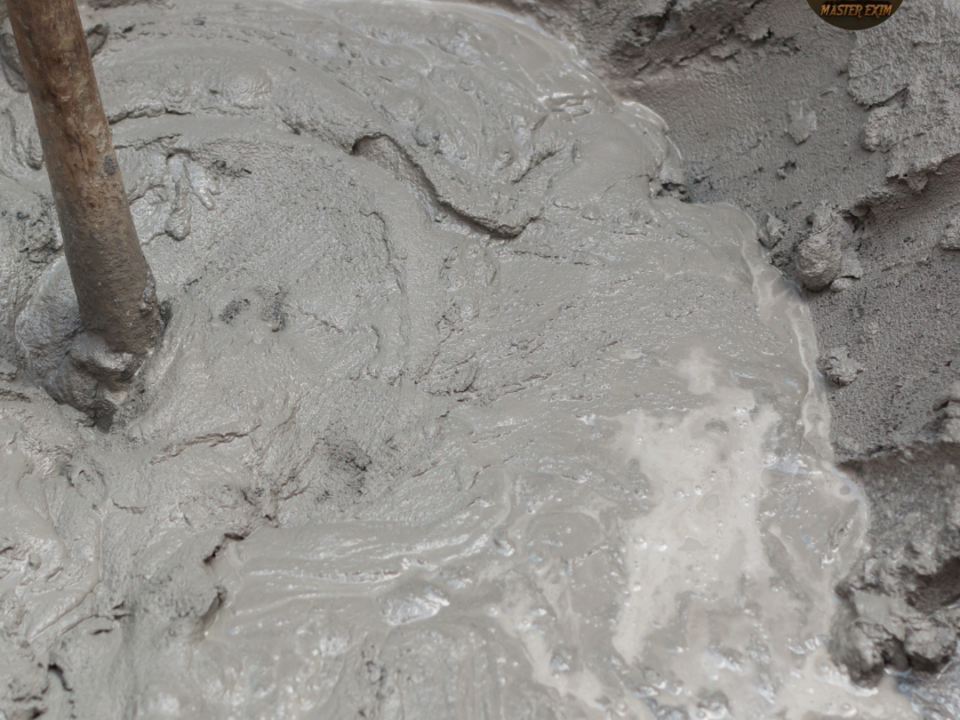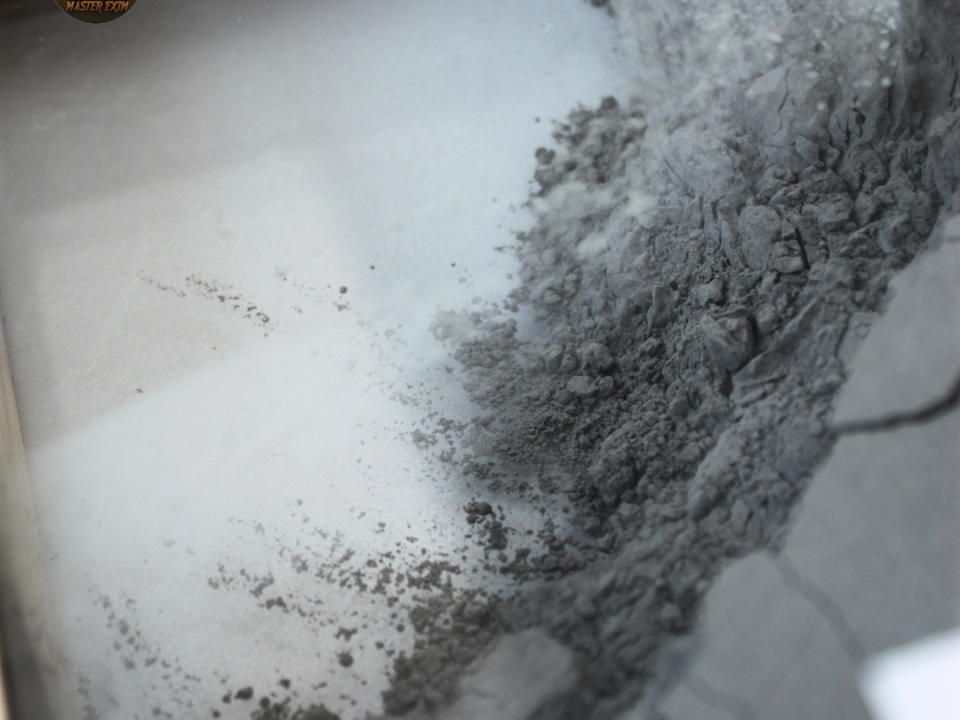Tanzania’s Clinker Imports Fuel Cement Growth

Saudi cement deals plunge
May 11, 2024
Tanzania’s Clinker Imports Fuel Cement Growth
Tanzania’s clinker imports are essential for the country’s booming cement industry. With rising infrastructure projects and urbanization, the demand for cement has surged, making Tanzania’s clinker imports more crucial than ever. As a fundamental component in cement production, clinker provides the necessary binding properties that enable the creation of high-quality cement.



